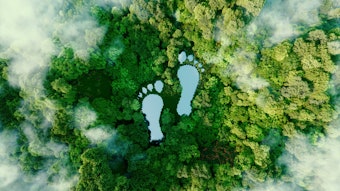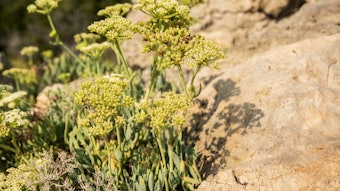
Croda has awarded an additional new restricted health care grant of £2 million through the Croda Foundation, with approximately £1m so far supporting projects within South Asia, Africa and Brazil.
In addition to its maiden set of grants for critical projects to support livelihoods and communities, the foundation is distributing further grants specifically focusing on vaccine and health infrastructure projects.
Croda established the corporate foundation to benefit organizations, projects and communities globally as part of its commitment to become People Positive by 2030.
The restricted grant is funding projects that:
- Improve vaccination delivery and infrastructure in under-served communities in five states in India, all of which have a high incidence of COVID-19 and low vaccination rates, training 22,300 personnel, providing staff for 3,700 vaccination centers and vaccinating more than 50 million people.
- Provide infrastructure and training for 1,000 village-based health workers and 500 frontline staff in 20 districts in Uganda, improving the health and wellbeing of around 750,000 people.
- Tackle vaccine hesitancy through education and digital inclusion, supporting 7,400 people in 10 indigenous tribes in the state of Mato Grosso, Brazil.
Croda said there are more projects in the works to be announced at a later date.
Steve Foots, CEO of Croda said, "Today is an exciting milestone for Croda. We have been planning the Foundation for many years, and to see it making such a positive impact so early in its life is fantastic. Through this foundation, we will be able to support more of the UN SDGs and help make a bigger impact on communities across the world.”
Rommel Moseley, executive director Croda Foundation, said, “The Foundation has been established on Croda’s firm commitment to be People Positive by 2030. Our priority areas approved by our trustees are to improve health and wellbeing, reduce hunger and poverty, and protect and restore forest and ecosystems. This restricted grant announced today supports critical areas in health and vaccine infrastructure projects in need of investment in three regions across the world. This is just the start and underlines our vision to do much more in the future for the communities we support.”










